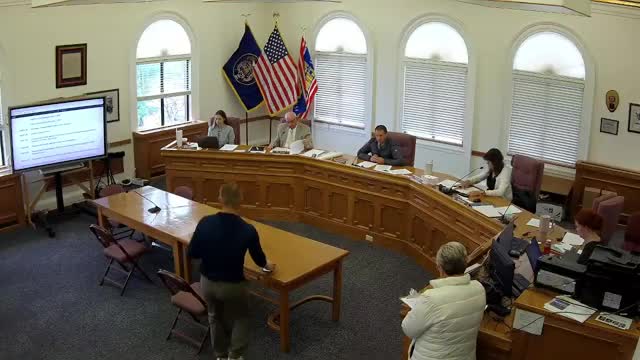Article not found
This article is no longer available. But don't worry—we've gathered other articles that discuss the same topic.
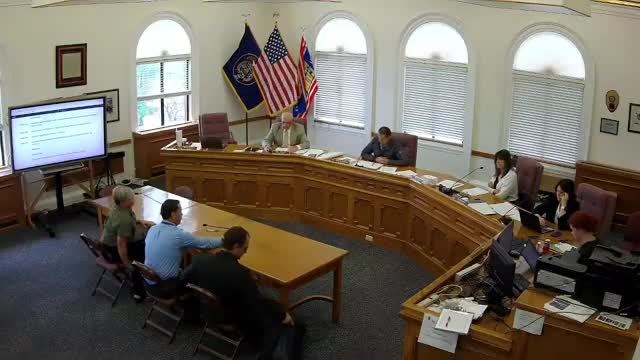
Commissioners Ask Intermountain for More Local Detail After Denying Tax‑exempt Status; Land‑under‑care‑center Transfer Also Raised
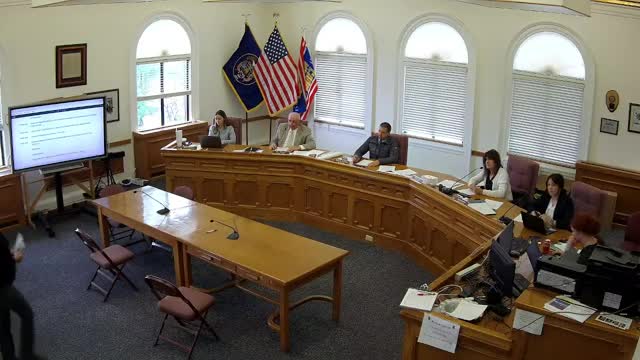
TransWest Transmission Project: Construction Nears in Millard County; Local Terminal Grading, Converter Station and Emergency‑services Coordination Under Way
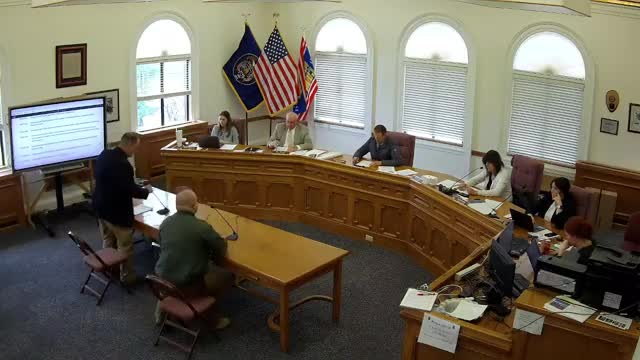
Millard County Signs Zero‑cost Contract for New Inmate Phone System, Vendor to Provide On‑site Support and Tablets
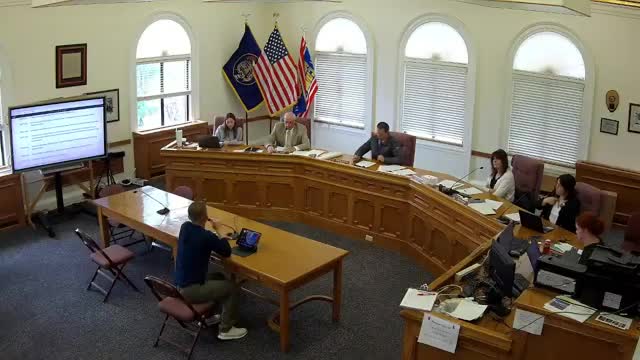
Millard County Adopts Child‑Abuse Prevention Policy; Volunteers and Recreation Programs to Face New Background Checks and Training
